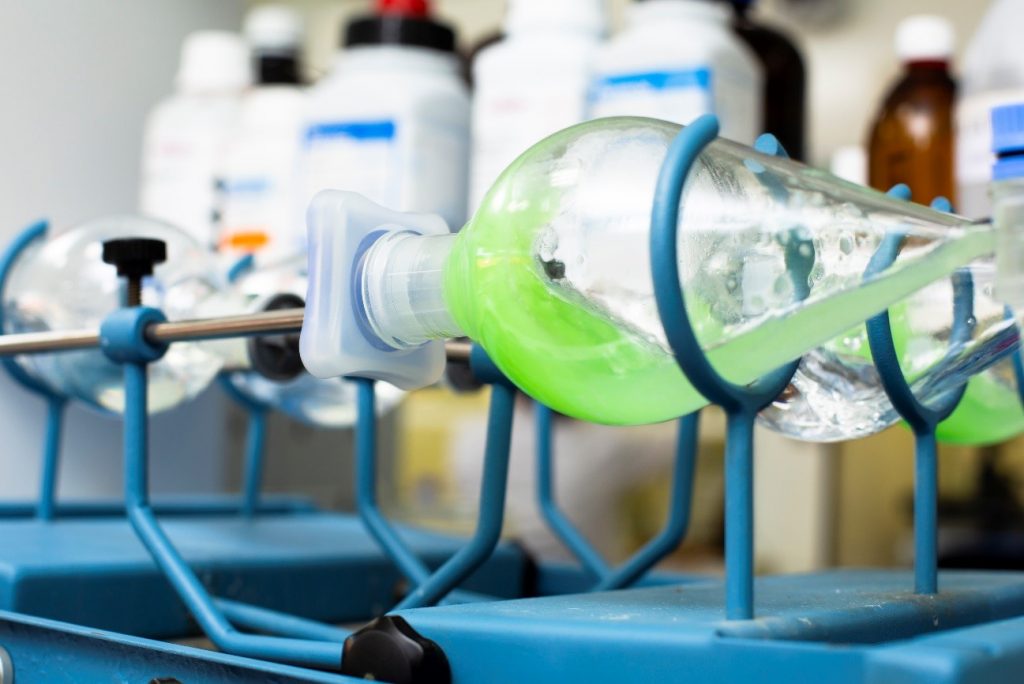
R&D on restricted substances in children’s products
The Toy Safety Directive (2009/48/CE) is the reference framework for the safety of children’s products. New scientific developments regarding toxicologic properties, as well as research into new test methods explain why the directive is constantly being modified. The most relevant changes affect chemical substances: either to reduce the limit of certain permitted elements, or to incorporate new limitations to substances for certain applications. This translates into the amendment of Annex C, which contains substances such as isothiazolinone, phenol, bisphenol, phosphate compounds, etc. to which limitations apply, but for which there is no regulatory development.
In addition to the incorporation of these regulations into laboratory processes, it is also necessary to include risk assessment in the framework of the analysis of chemical substances. This is particularly the case in children’s products, albeit not exclusively, because other products such as food contact materials require toxicological assessment methodologies due to the great number of substances that are present in the products but lack any regulation or recommendation for use. Although these processes have been incorporated into product safety assessments, it is necessary to search for new assessment methods that make it possible to obtain new information sources destined to provide us with a broader view of the chemical safety of products.
Finally, and within this line of work, the growing concern about the biosustainability of products is leading to greater research into new biodegradable and biocompostable materials from natural sources, etc., and their application to different products, especially children’s products, is once again driving the development of analysis methods that determine the parameters that make these materials ideal for their incorporation into products. The emergence of these methods is not new, but it is very extensive and it needs to be studied if we are to be able to establish the necessary safety parameters.
IVACE PROGRAMME: GVA line to boost the capacity and activity of AIJU in order to develop excellence in R&D, disseminating the results of the research carried out and facilitating and driving the transfer of knowledge to companies in the Community of Valencia.
- Start date: January 2019
- Duration: 12 months
- Status: Work in progress
COORDINATOR CONTACT INFO:
- Name: Mª Luisa Marín Nieto
- Telephone: 965554475
- e-mail: quimicos@aiju.es
